Karachi, through a camera lens
300 amateur photographers exhibit their photos of the port city at Commune Artist Colony
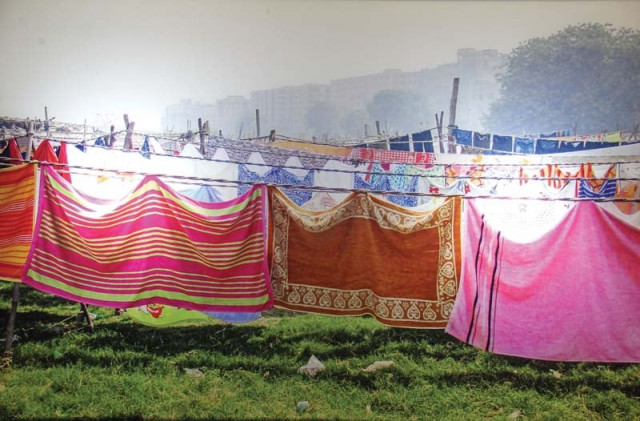
Students of various educational institutions displayed their photographs at the ‘Yeh Hai Karachi’ exhibition. PHOTOS: AYESHA MIR/EXPRESS
Three hundred students exhibited their depictions of various localities of the city, such as the dockyards in Ibrahim Hyderi, St Patrick's Cathedral, Sea View beach and Liquatabad Market among others.

"This is the work of [over] 300 students who were enrolled in six-week training sessions," explained Basil Andrews, a teacher at The School of Writing. "We took them to various places they had never been to before and they captured images of these places. It was a new experience for them, they really stepped outside their comfort zones."
Karachi ranked among worst cities to live in
Laiba Hussain, a student from Karachi University's department of international relations, said, "Coming to the event was worth the effort". She said that they visited the Chawkandi Tombs and she even got a chance to visit Manghopir where she captured an image of a baby crocodile.
Later, a discussion was on 'Peace, Tolerance and Photography', where photographers Arif Mahmood and Farah Mehboob and filmmaker Madiha Ejaz spoke to moderators Daniyal Shah and Basil Andrews about photography and its impact.
Mahmood began his discussion by explaining that initially he took up photography as a hobby when he came back to the city after completing his schooling abroad. "Since that day I have only been clicking images," he said.
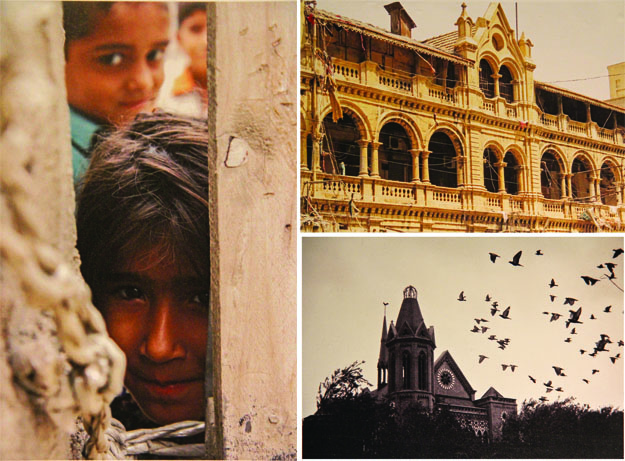
According to Mehboob, when she graduated from college she dreamt of becoming an artist but these dreams never came true. She then took up photography.
20 pictures that will make you want to visit the centre of Karachi's universe
"When I first started photographing the city, I came to know there are different ways to look at it," explained Ejaz. "This greatly inspired my work." Mahmood said that he has grown in a professional way over the past couple of years. "Images are very important to me and [photography] has been a constant source [of joy]," he said. "Over the years I have realised you need to be street-smart, if you want to take an image, you just have to and no one will dare to stop you."
"Technology has changed a lot since when I began photography," said Mehboob. "The dark room has retranslated itself but it largely depends on us, how in today's world we merge tradition and technology together."
According to Ejaz, how you document Karachi depends on deeper investigation.
Published in The Express Tribune, October 24th, 2016.



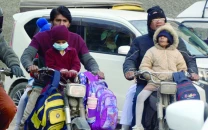

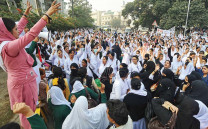
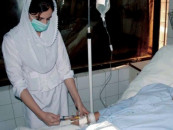











COMMENTS
Comments are moderated and generally will be posted if they are on-topic and not abusive.
For more information, please see our Comments FAQ